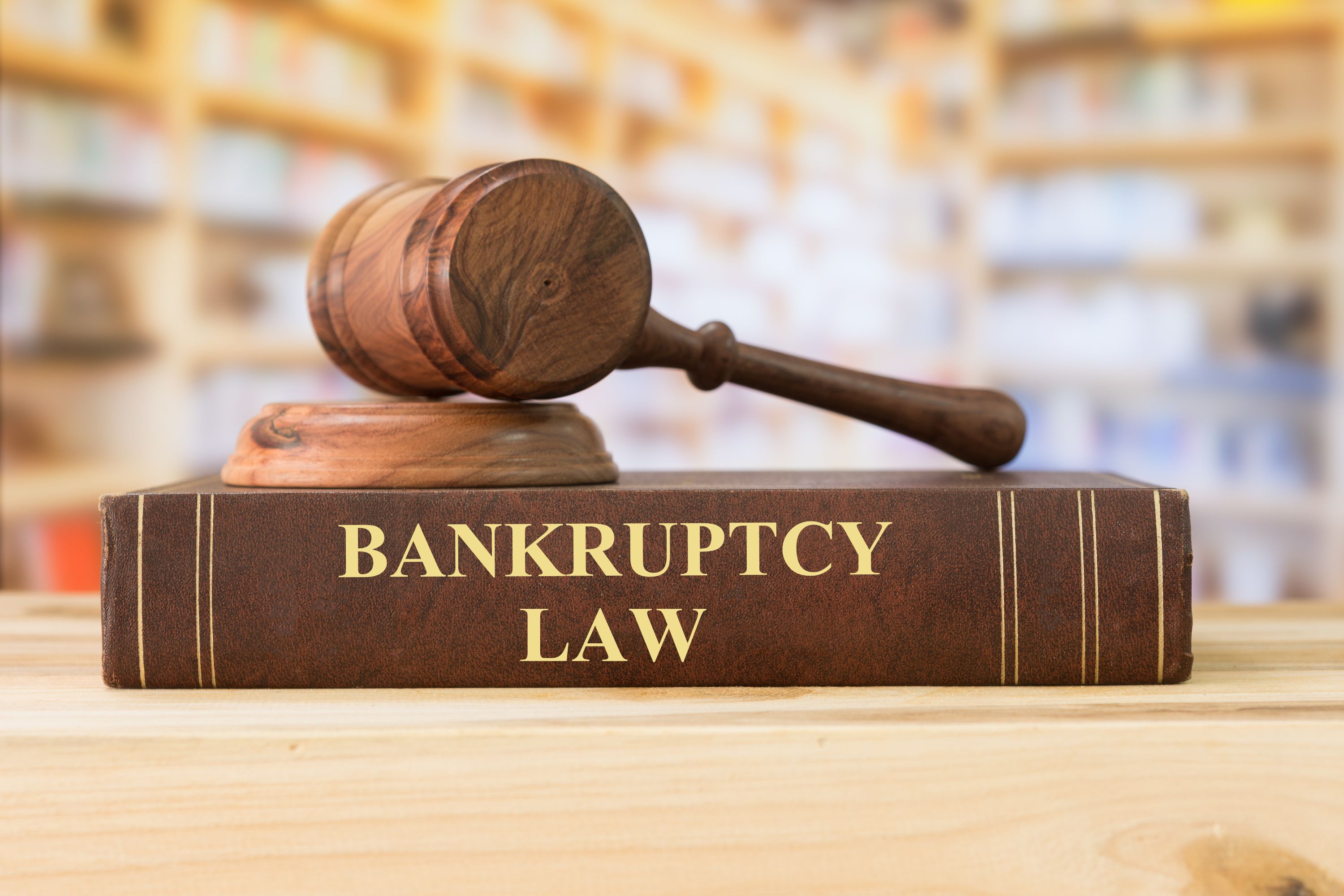Why Hire a Bankruptcy Lawyer?
Financial instability can be overwhelming, especially when it leads to the consideration of bankruptcy. While bankruptcy is designed to provide relief, navigating the complex legal terrain without expert assistance can be perilous. Hiring a bankruptcy lawyer is not just advisable; it is often essential to achieving a favorable outcome. A bankruptcy lawyer offers specialized knowledge, strategic guidance, and the expertise needed to steer through this challenging process.

Understanding the Complexity of Bankruptcy Law
Bankruptcy law is intricate, involving numerous legal provisions, procedural requirements, and deadlines. The various types of bankruptcy—Chapter 7, Chapter 13, and Chapter 11—each have specific eligibility criteria, rules, and consequences. A deep understanding of these laws is crucial to ensuring that the process unfolds smoothly and that the debtor’s rights are protected.
The Importance of Specialized Knowledge
A bankruptcy lawyer possesses the specialized knowledge required to interpret and apply bankruptcy laws effectively. This expertise is invaluable … Read more
